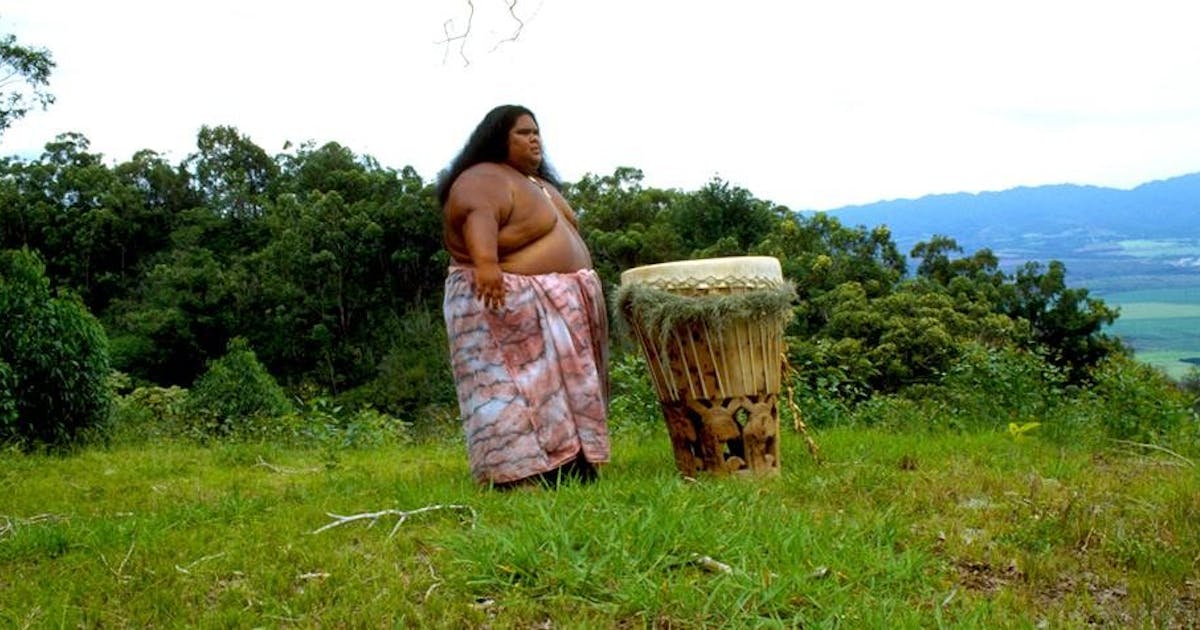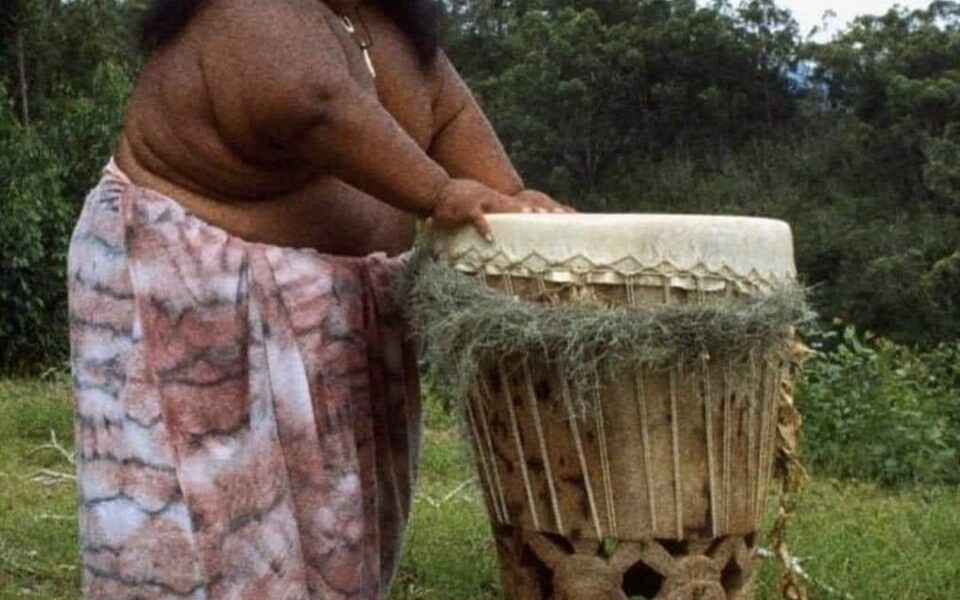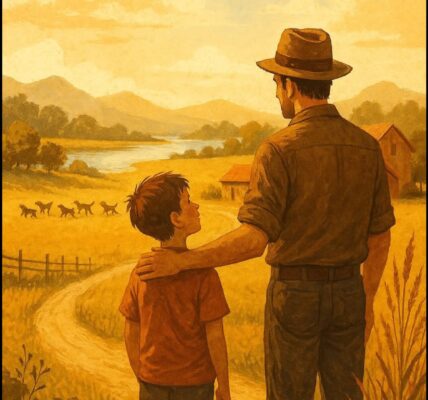- Homepage
- Uncategorized
- The Voice That Floated Across the Rainbow.
The Voice That Floated Across the Rainbow.

It was 3 a.m. in Honolulu, 1988.
The island was quiet, waves gently licking the shore, the city asleep beneath the stars. But somewhere in the stillness of that hour, a man picked up the phone and dialed a number that would change music history.
“Please,” he said, his voice soft but urgent. “Can I come in? I have an idea.”
The voice belonged to Israel Kamakawiwo’ole—a gentle giant of a man known across Hawaii for his soulful voice, deep aloha spirit, and mastery of the ukulele. The sound engineer on the other end of the line hesitated—this wasn’t standard practice. Studios didn’t just open in the middle of the night for anyone. But there was something in Israel’s voice. Something that told him… this wasn’t just a whim.
He agreed.
Minutes later, Israel arrived, barefoot, cradling his ukulele like a sleeping child. He was a mountain of a man—over 700 pounds at the time—but when he entered the studio, he moved with the quiet grace of someone carrying something sacred.
He didn’t ask for a full band. He didn’t want layers of instruments or complex production.

Just his ukulele.
Just his voice.
The lights were dimmed. The engineer hit record.
And in one single take, Israel Kamakawiwo’ole began to sing.
Somewhere over the rainbow, way up high…
It was a voice like no other—fragile and weightless, yet rich with sorrow and soul. The ukulele whispered beneath it like wind through palm trees. In that quiet studio, time seemed to stop. The engineer, seasoned and skeptical, found himself frozen at the soundboard, tears in his eyes.
He would later say it felt like Israel was singing from someplace else entirely—from between worlds.
That recording, raw and untouched, would go on to become one of the most beloved renditions of any song ever made. It slipped into people’s hearts through movie soundtracks, commercials, weddings, and funerals. It became a lullaby for grieving parents, a prayer for the lost, and a soft hand held out to anyone who needed comfort.
But Israel’s story wasn’t just about one magical night.
Born in 1959 and raised in a working-class Hawaiian family, Israel—affectionately known as Bruddah Iz—carried the weight of his people’s hopes and history in his music. He sang about love, yes, but also about Hawaiian sovereignty, cultural loss, and the fragile beauty of the islands he adored.
Despite his fame, he never left Hawaii. He used his platform to speak up for native rights and to remind people that Hawaii was more than a paradise for tourists—it was home, sacred and worth protecting.
But his health was always fragile.
Years of obesity and respiratory issues took their toll. On June 26, 1997, at just 38 years old, Israel Kamakawiwo’ole passed away.
The people of Hawaii mourned as one.
His body lay in state at the Capitol Building—the only non-government official in Hawaiian history to be granted that honor. Thousands came to pay their respects. And when his ashes were scattered into the Pacific Ocean, traditional Hawaiian chants rose into the sky, accompanied by weeping and song.
But Somewhere Over the Rainbow didn’t die with him.
It lived on.
It still does.
Every time that simple, soaring voice drifts across a speaker, in a quiet car ride or a candlelit room, it reminds us of something we often forget: that even in a troubled world, there are moments of pure grace. That beauty can come from the most unexpected places. That one voice, alone in the night, can still make the whole world stop and listen.
Bruddah Iz didn’t just record a song that night in 1988.
He gifted us a piece of his soul.
And it’s still singing.




